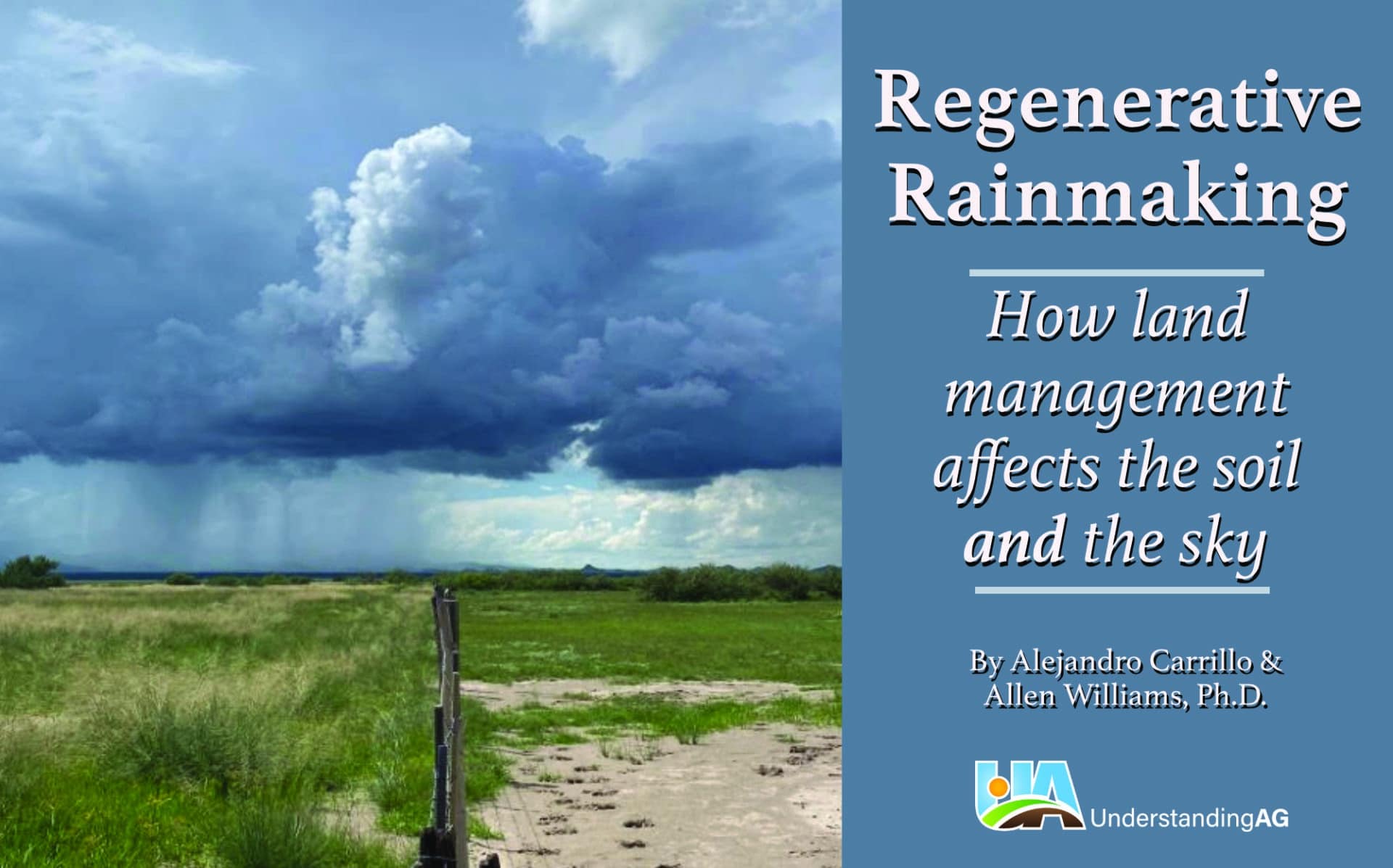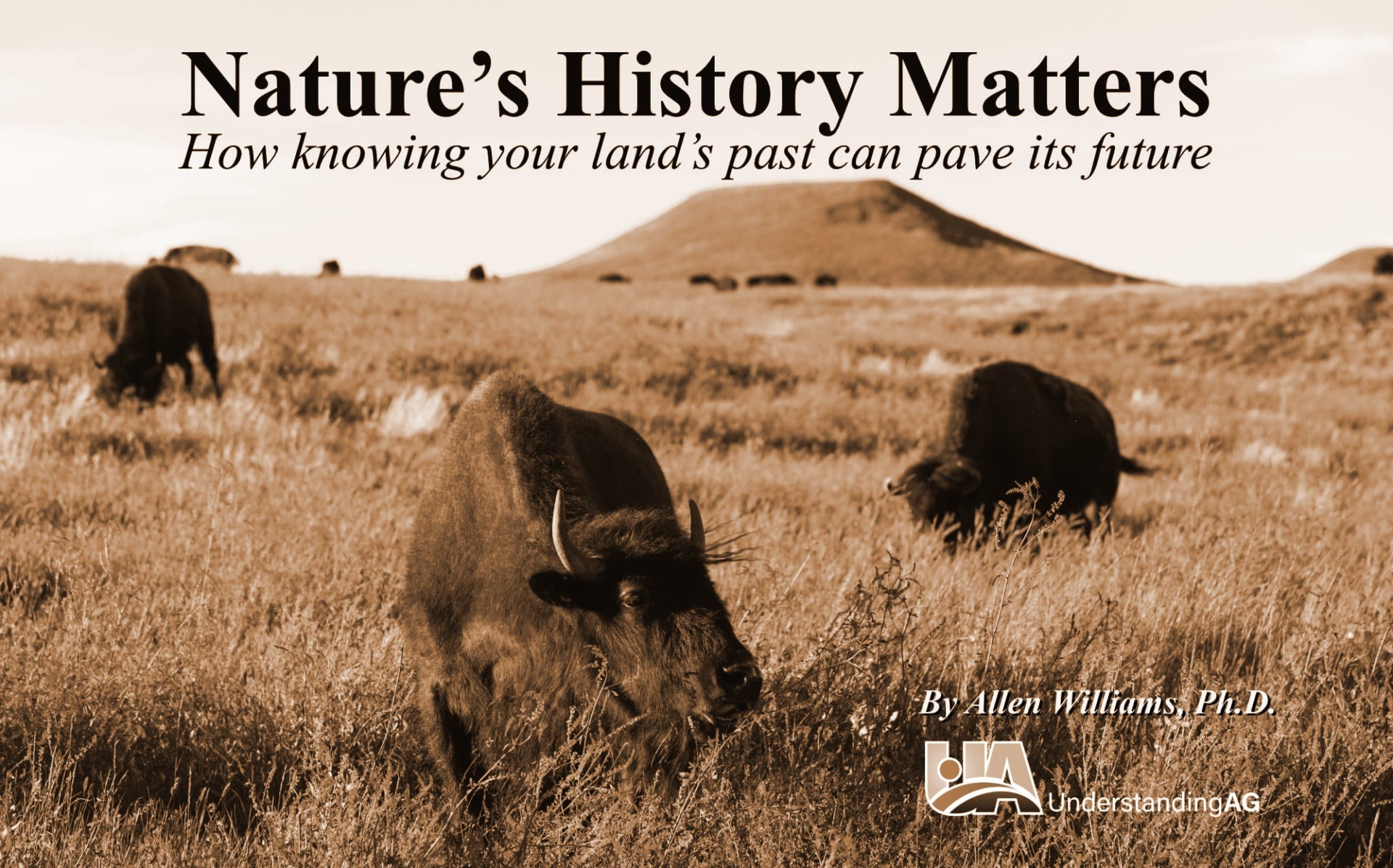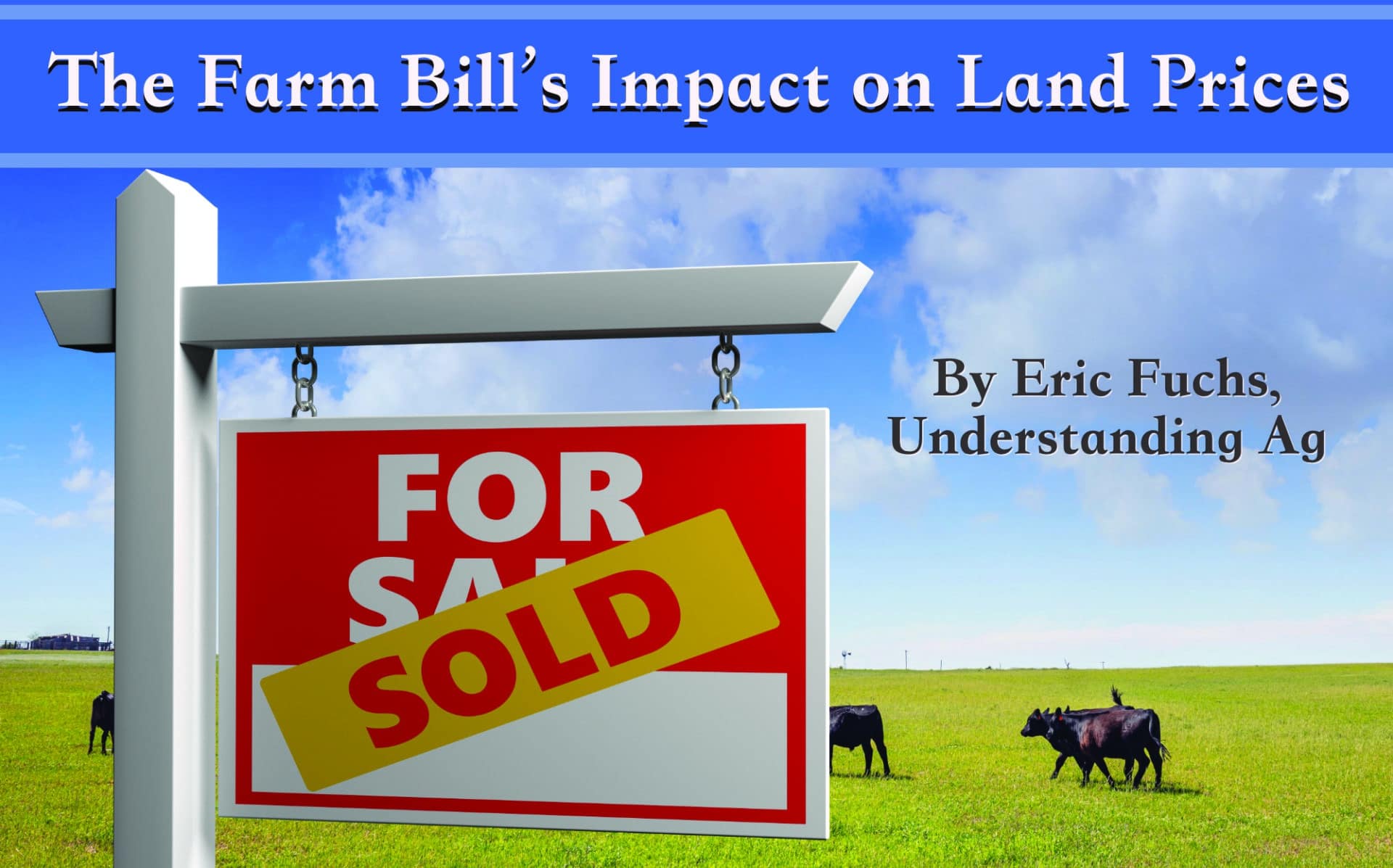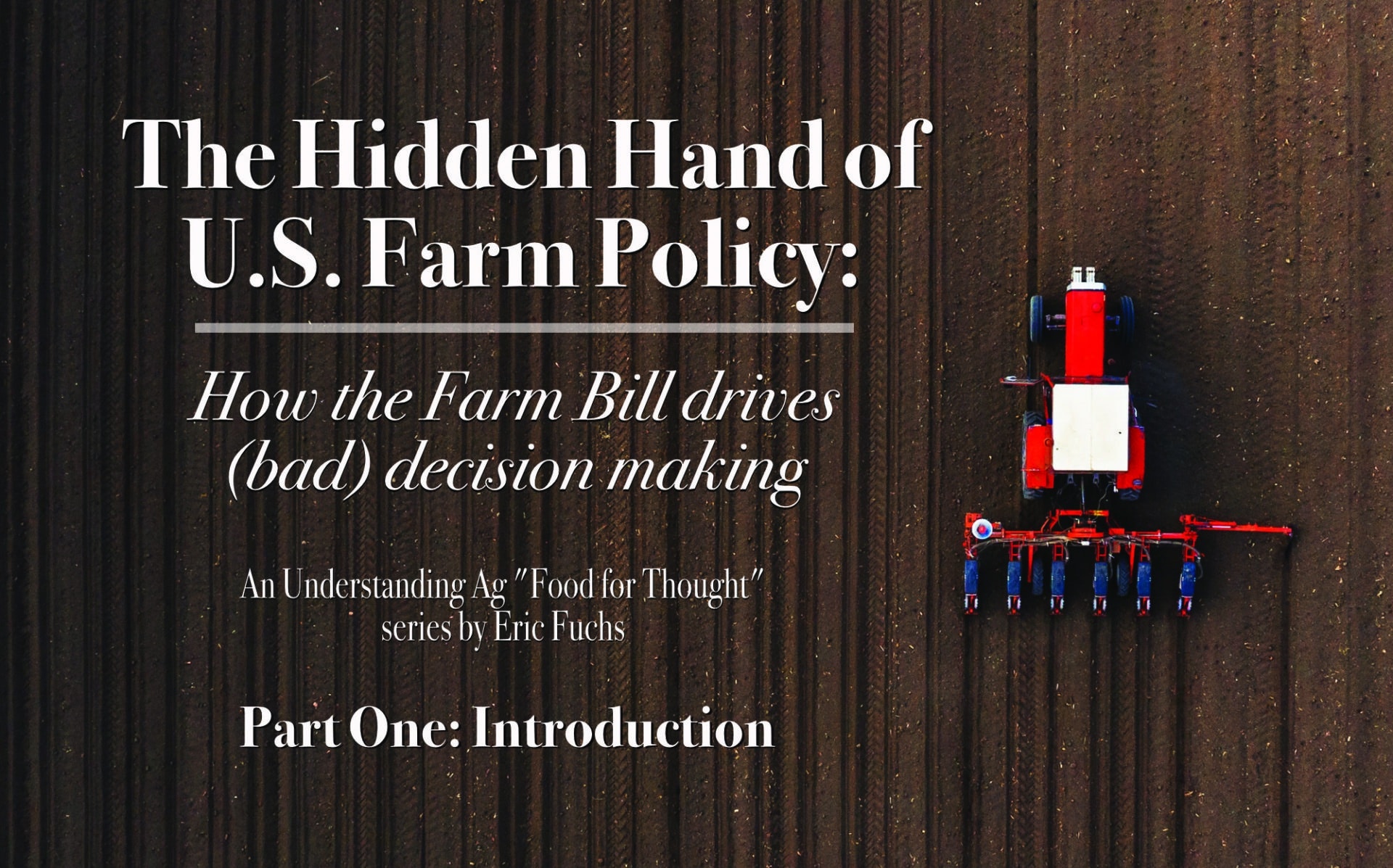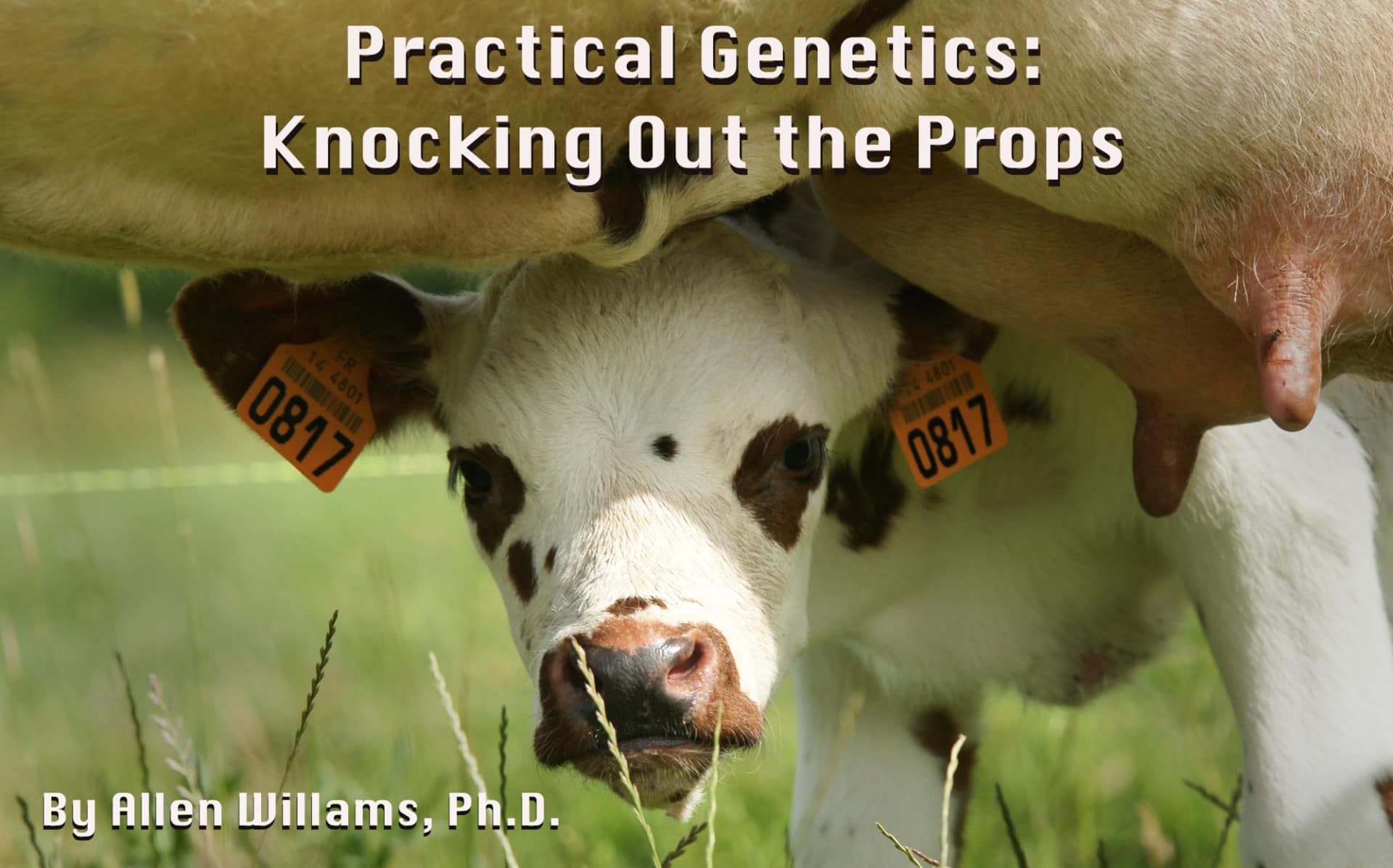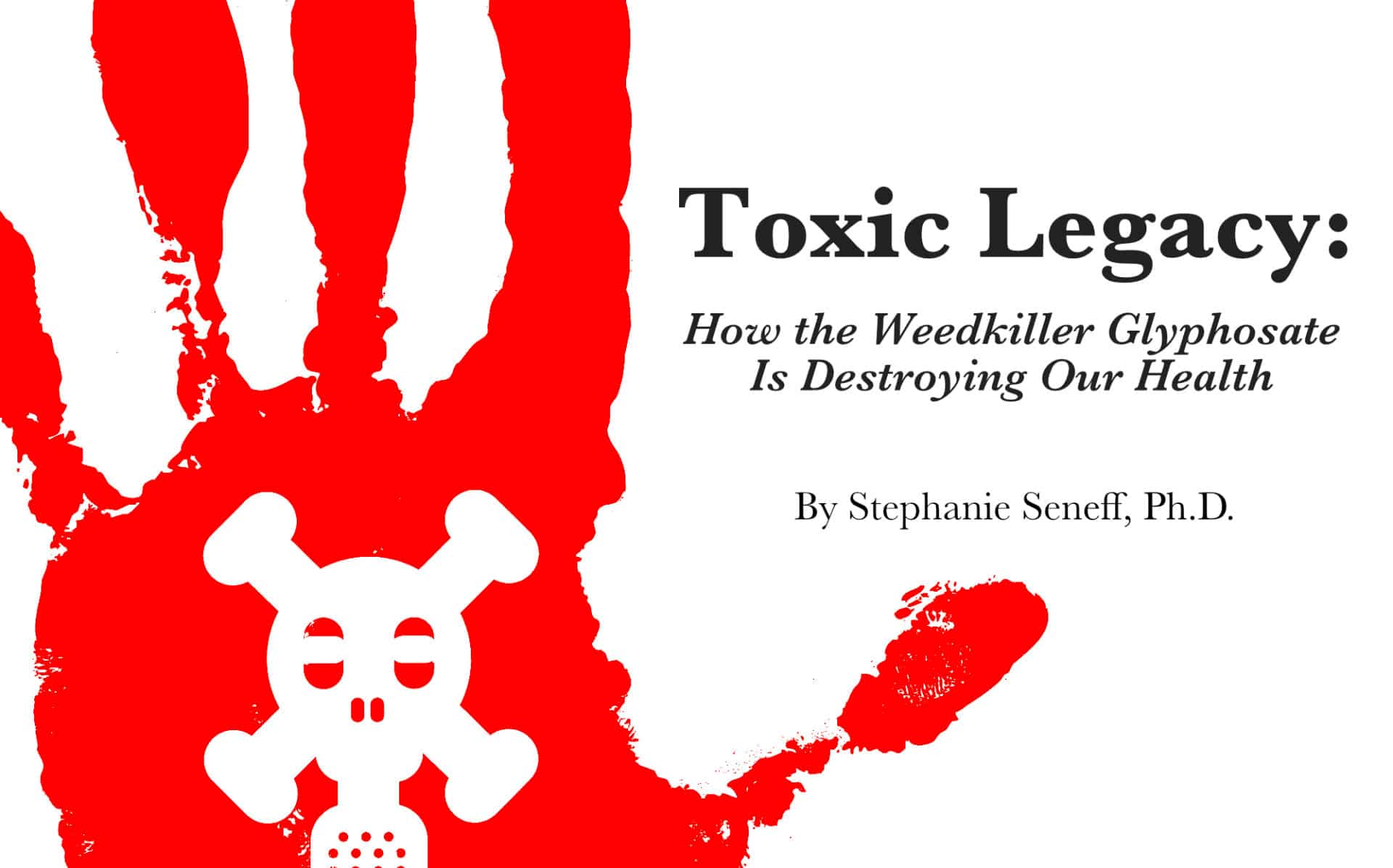Regenerative Rainmaking
There is an interesting and thought-provoking quote from Masanobu Fukuoka, a Japanese farmer and philosopher renowned for his natural farming, that is quite pertinent to climate resiliency. The author of The One Straw Revolution, Fukuoka states, “It was in an American desert that I suddenly realized that rain does not fall from the heavens – it […]
Nature’s History Matters
At Understanding Ag and the Soil Health Academy, we teach a concept called Historical Ecological Context. Basically, the concept involves examining what an ecosystem was like at least 400 to 500 years ago along with the influences on that ecosystem, and then determining what that ecosystem can be like today under regenerative management. We try […]
The Farm Bill’s Impact on Land Prices
The Farm Bill’s Impact on Land Prices By Eric Fuchs, Understanding Ag, LLC. I often wonder what the true value of farmland is in the U.S. I hear instances where Iowa or Illinois dry-land farm ground is going for $20K-plus an acre, and I wonder how that pencils out? I saw instances where pastureland in […]
The Hidden Hand of U.S. Farm Policy
Earlier this summer, I was given a once-in-a-lifetime opportunity to become a consultant with Understanding Ag, LLC. As part of my training, I have been shadowing others within the organization as they consult with clients from around the country. Do date, I have had the opportunity to travel to South Dakota, Iowa, and Kansas. Coming […]
Practical Genetics: Knocking out the Props
By Allen Williams, Ph.D. Genetic selection is something that is often complicated and confusing for many livestock producers. There are numerous trait measurements that we try to decipher, including breeding values and EPD’s that we pour through and try to interpret. We like to use weighted or adjusted values for various traits. In the past […]
How the Weedkiller Glyphosate is Destroying Our Health
How the Weedkiller Glyphosate is Destroying Our Health by Stephanie Seneff Introduction Glyphosate is the most common herbicide in the world. The United States has been using glyphosate in agriculture since 1974, and it is also popular as the formulation Roundup to control weeds in residential maintenance of lawns. Starting in the late 1990s, a […]

